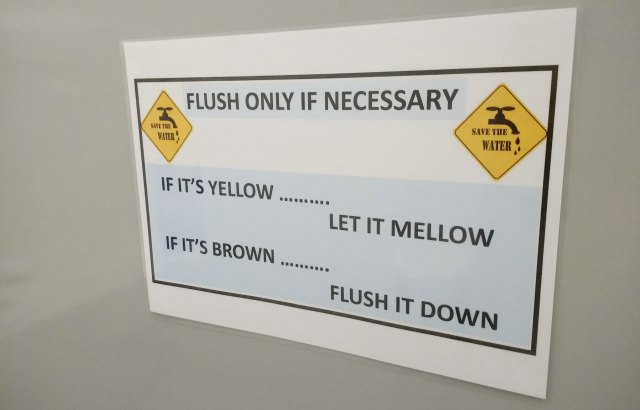 A sign at the University of Cape TownLINDA NORDLINGJanuary to March is the busiest time of year for the University of Cape Town’s mouse-breeding facility, as researchers return from their summer break and place orders for their experiments. But this year has been more stressful than usual for Jabu Magagula, the facility’s manager. He’s been tasked with an almost impossible job: meeting researchers’ demands without access to free-flowing water.
A sign at the University of Cape TownLINDA NORDLINGJanuary to March is the busiest time of year for the University of Cape Town’s mouse-breeding facility, as researchers return from their summer break and place orders for their experiments. But this year has been more stressful than usual for Jabu Magagula, the facility’s manager. He’s been tasked with an almost impossible job: meeting researchers’ demands without access to free-flowing water.
Cape Town is dangerously close to running out of water. The South African city, home to more than 4 million people, is in dire straits as a result of poor rains and rising demand. Things got so bad in January that local authorities announced they would turn the taps off city-wide in April, forcing residents to queue for drinking water at municipal collection points.
Although “Day Zero”—when the taps run dry—has since been pushed back to July, researchers in the city have become more aware of the water they use. For many, like Magagula, water saving has become a way of life. His lab has managed to halve the amount of water it uses, from 32,000 liters per week in July last year to 14,000 ...













